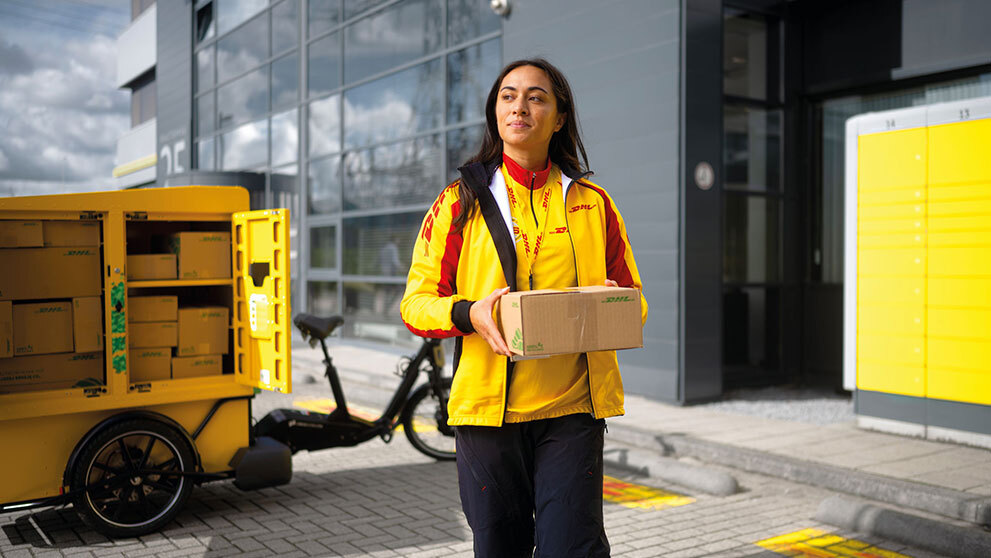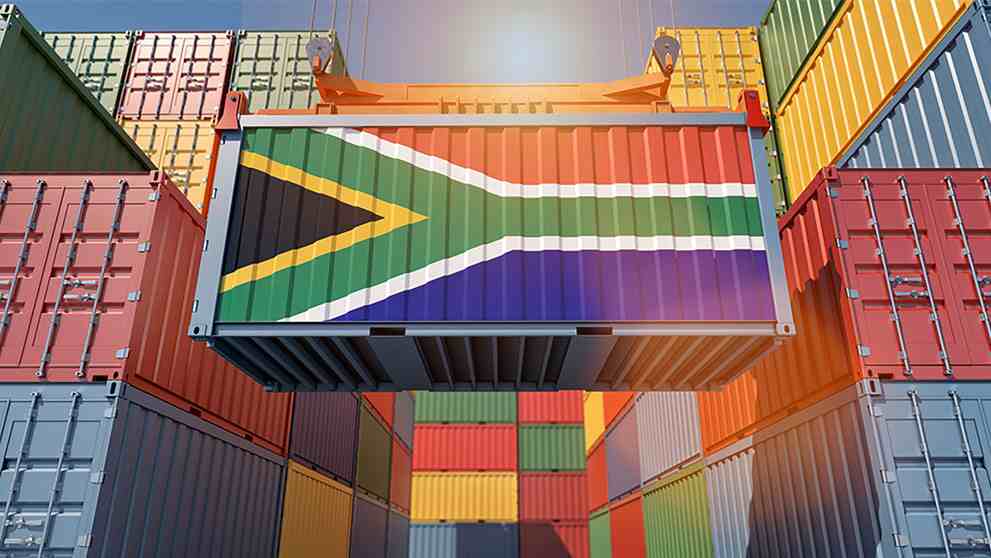
As the festive season approaches, South African businesses face an annual surge in consumer spending, which often leads to delivery delays and operational inefficiencies.
This period sees many businesses in a frenzy, striving to meet delivery timelines amidst these challenges. Delays become a frequent concern, affecting both businesses and their customers alike.
Thankfully, advanced tracking solutions have emerged as a revolutionary tool, enabling businesses to streamline operations and ensure timely deliveries during peak seasons. Let's explore how these solutions can help you navigate the complexities of peak season logistics, ensuring your South African business maintains its efficiency.
Navigating the Challenges of Peak Season Logistics
Before exploring solutions, it is essential to understand the bottlenecks that contribute to delays during peak seasons. Here are some common challenges:
Increased Shipment Volume: A sudden influx of orders can overwhelm logistics teams, resulting in processing, packaging, and dispatch backlogs.
Inventory Management Strain: With soaring demand, maintaining sufficient stock levels becomes challenging, leading to stockouts and order fulfillment delays.
Delivery Network Overload: Courier companies and fulfillment centers often find themselves stretched thin, causing longer delivery times and potential delays.
Limited Visibility: Traditional tracking methods frequently lack real-time updates, making it challenging to identify and address potential issues proactively.
Mitigating Delays with Advanced Tracking Solutions
Advanced tracking solutions utilize technologies such as RFID tags, GPS sensors, and data analytics to offer real-time visibility into every stage of the shipment lifecycle. This enhanced transparency empowers businesses to take control of their logistics operations and mitigate delays in several ways:
Optimized Warehouse Operations: Real-time inventory tracking within the warehouse facilitates better resource allocation and streamlined picking and packing processes.
Improved Route Planning: By analyzing historical data and traffic patterns, advanced tracking solutions optimize delivery routes, ensuring faster deliveries and minimizing last-mile delays.
Proactive Exception Management: Real-time tracking helps identify potential issues like delays, disruptions, or missed deliveries early on, allowing businesses to take corrective actions promptly and minimize customer impact.

Enhanced Customer Communication:
Overcoming Common Challenges
Implementing advanced tracking systems involves addressing challenges like technology costs and staff training. However, the long-term ROI—through reduced operational expenses and enhanced customer retention—makes these investments worthwhile. Integrating these technologies with existing systems ensures a smoother adoption process and maximizes benefits.
Implementing Real-Time Tracking with DHL
Integrating real-time tracking into your business operations can significantly enhance logistics management, improve customer satisfaction, and streamline your supply chain. Here's how you can leverage DHL's parcel-tracking solutions:
Create a DHL Express Account: If you haven't already, sign up online for a DHL Express account to access a suite of shipping and tracking tools.
Choose Your Tracking Solution:
DHL Tracking Tool: A user-friendly online tool for individual shipment tracking.
DHL Express API: A powerful integration option for incorporating real-time tracking into your business systems, such as e-commerce platforms or warehouse management systems.
On-Demand Delivery (ODD): A flexible solution offering real-time tracking for customers, allowing them to track shipments and select delivery options.
Integrate with Existing Systems: If opting for the DHL Express API, our technical team can assist with seamless integration into existing systems, providing a unified supply chain view.
Customize Notifications: Set up personalized notifications for real-time shipment status updates via email or SMS, tailored to specific needs like delayed shipment alerts or successful delivery confirmations.

Analyze Tracking Data
Utilize DHL Express tracking tools for comprehensive reports and analytics, gaining valuable insights into shipping performance to optimize logistics planning and improve efficiency.
The Benefits of Advanced Tracking Solutions
Investing in advanced tracking solutions offers numerous benefits for South African businesses during peak seasons and beyond:
Reduced Delivery Delays: Enhanced supply chain visibility allows businesses to proactively identify and address potential delays.
Enhanced Customer Satisfaction: Real-time tracking empowers customers, reducing frustrations associated with delivery uncertainties.
Improved Operational Efficiency: Streamlined logistics processes lead to faster order fulfillment and reduced operational costs.
Data-driven Decision Making: Real-time data insights enable informed decisions about inventory management, resource allocation, and route optimization.
Conclusion
For South African businesses navigating peak season logistics, advanced tracking solutions are indispensable. By leveraging real-time tracking, automation, and predictive analytics, companies can reduce delays, optimize resources, and deliver superior customer experiences. These technologies address immediate challenges and position businesses for sustained growth in an increasingly competitive market.
























